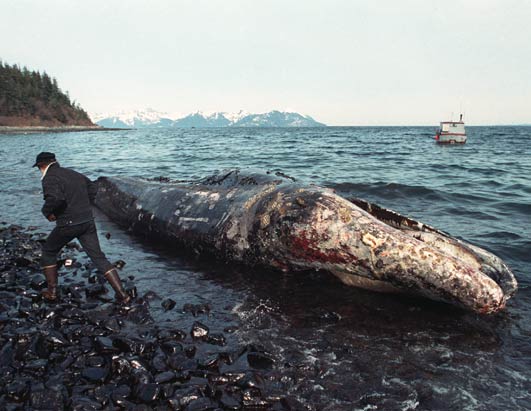A Carbon Diet For Your New Year's Resolution: Frugality That'll Save Your Wallet and the Planet
 December 29, 2010
December 29, 2010  Kyriaki (Sandy) Venetis
Kyriaki (Sandy) Venetis Over the last couple of years, there has been a lot of talk about how people need to lower their carbon footprint, but outside the eco-community, most people don’t even know what a carbon foorptint is. When the topic comes up, the questions are always: What is it and how does it affect me? Here’s an attempt to answer those questions.
 Stock image.
Stock image.
At its most basic level, a carbon footprint is the total impact one person’s activities has on the environment during any given day. A big part of it has to do with how much unrecyclable trash is generated, and power used - generating greenhouse gases - to operating things like household appliances and systems, electrics, and transportation.
The family carbon footprint is important for two reasons - slowing the outflow of money from the household budget and preserving the global environment.
The health of the global environment directly affects every wallet in many ways, including the cost of food. What most people eat that isn’t locally grown, and if the climate shifts where that food is grown, it either won’t be available anymore or become a lot more expensive.




